Oceans and Diversity Flourish Despite Pandemic
June 4, 2020
Oceans and Diversity Flourish Despite Pandemic
By Carol Moreira
Growth in the oceans sector and in entrepreneurial diversity made news in Halifax’s Innovation District this month, as did the continuing fight against COVID-19 and evolving strategies to combat its impacts.
The pandemic means Oceans Week HFX 2020 will be a digital-only event. It kicks off June 6 with a keynote speech from Chúk Odenigbo, an expert on the intersections between health, culture and the environment.
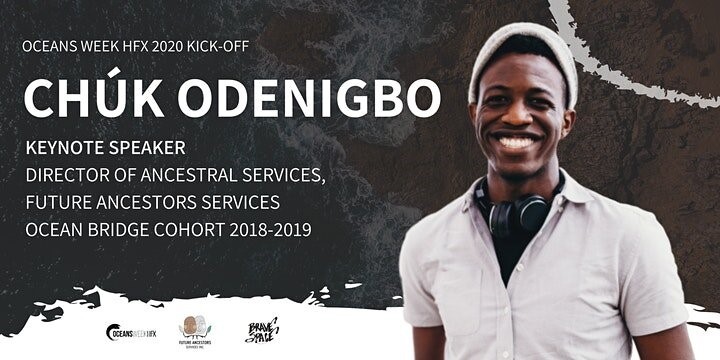
Ahead of Oceans Week, Canada’s Ocean Supercluster sought short-term projects with the potential to boost the economy. The Accelerated Ocean Solutions Program will invest up to $35 million in small-scale projects that can get to market within two years.
Creative Destruction Lab-Atlantic is boosting the region’s growing oceantech reputation by offering oceans-specific training and, in the fall, an oceans-only cohort.
In CDL’s recent graduating cohort, ocean ventures accounted for around half of the 25 participants, hence the oceans-specific training.
CDL-Atlantic is based at Dalhousie University and site lead Jeff Larsen told Entrevestor that CDL will introduce a new Oceans cohort this fall, alongside its generalist Prime cohort, meaning enrolment could double. The focus on oceantech in the last Prime cohort attracted attendees from as far away as California and Greece.
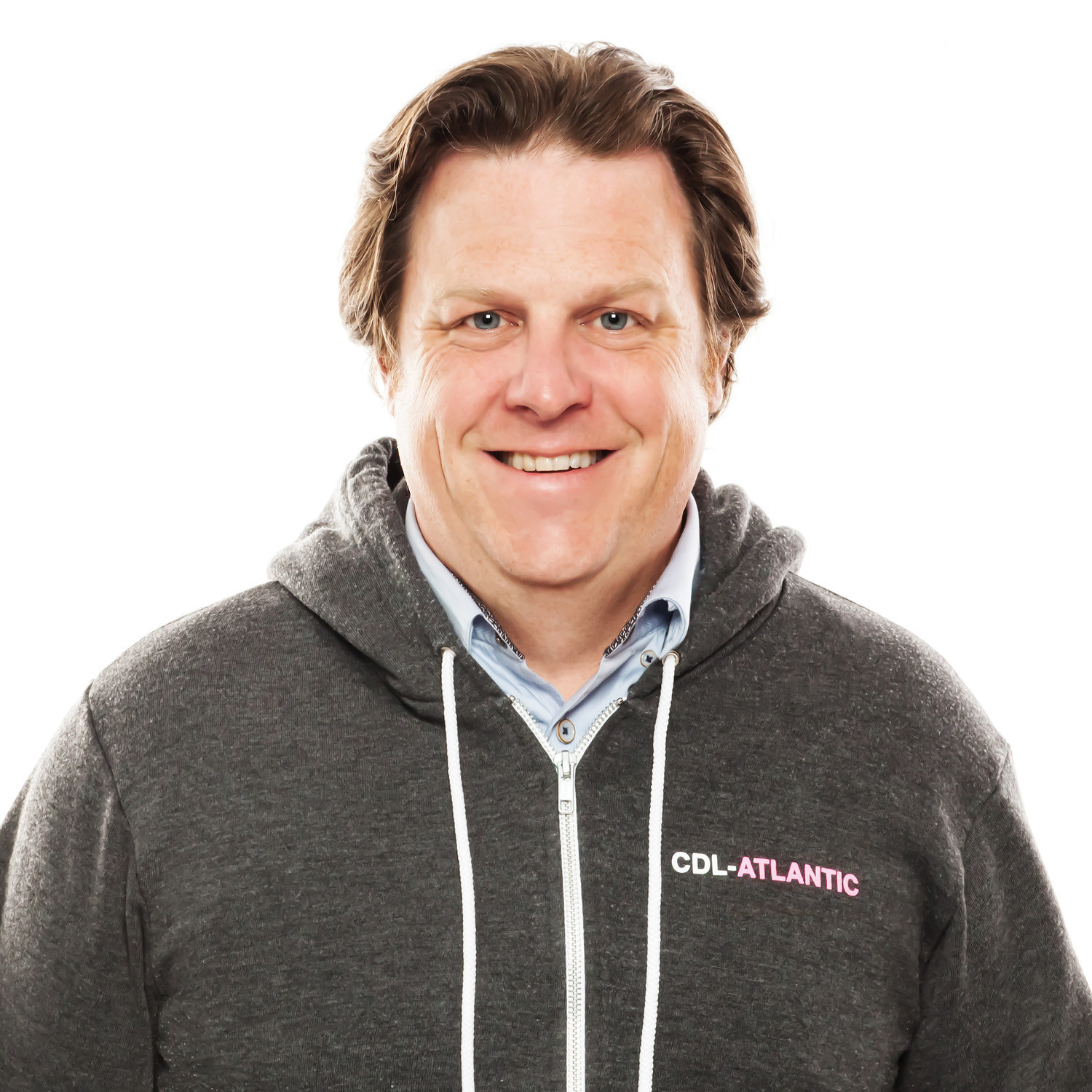
The group is also launching a program that focuses on fighting COVID-19. CDL Recovery is a virtual incubator and a joint project with Montreal-based artificial intelligence hub Scale AI. It aims to commercialize innovations that could safeguard public health and hasten economic recovery.
Though regular CDL programs are divided geographically, the Recovery program will see all participants, who could total 160, enrolled in one cohort.
Meanwhile, Dalhousie University was recognized by the Times Higher Education magazine for its work on the United Nation’s Sustainable Development Goals. This included its participation in the Ocean Frontier Institute, a group of Atlantic Canadian Universities and European researchers. The Institute focuses on improving ocean health through engineering and social sciences. The Times rated Dalhousie 85th out of 767 participants in its 2020 report.
Dartmouth Ocean Technologies revealed it is building an underwater platform that can facilitate marine research by incorporating sensors.
DOT, which is based at the COVE oceantech hub, has sensors that can detect the presence of organic matter and phosphates in water. Uses include testing for fertilizer runoff, tracking the impacts of fish farms on water quality, and monitoring sewage pollution.
The venture already has its own towable platform on which sensors can be mounted – the V-Wing depressor, a wing that can be towed behind a boat.
The company told Entrevestor it intends to put sensors on the wings, including winching and deployment systems. The whole will then be sold as a turn-key package.
New Support for Diversity
The Atlantic Women’s Venture Fund announced its first fund, Sandpiper Ventures, and named Danielle Graham, a known advocate for diversity in entrepreneurship, as Investment Principal.
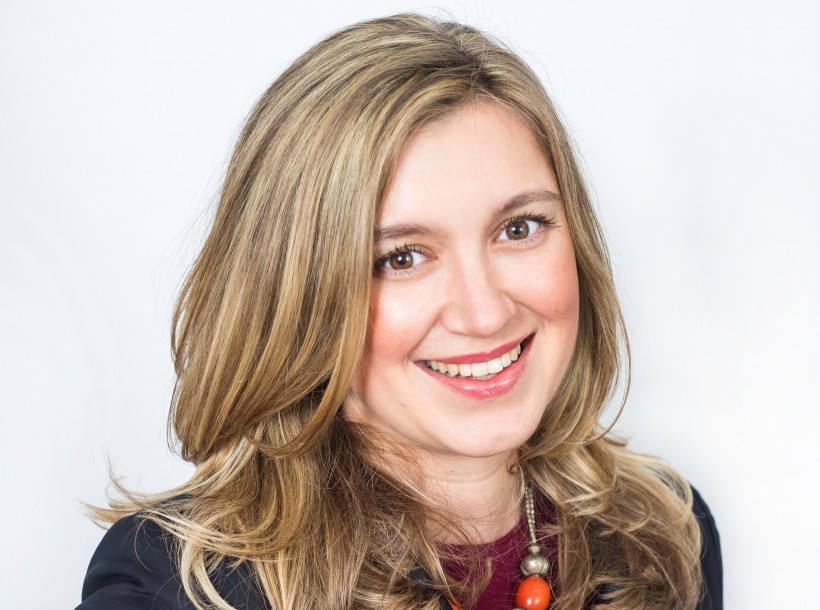
Female founders receive between 3 and 4 percent of venture capital investment. The fund, expected to be worth $20 million initially, will support women-led businesses across Canada. Graham created the Fierce Founders accelerator for women at Ontario’s Communitech hub, and is a former principal of Toronto’s Dream Maker Ventures.
The Fund’s principals are Atlantic Canadians Rhiannon Davies, Sarah Young, and Cathy Bennett. Advisors include Nicole LeBlanc, Sidewalk Labs Director of Investments and Partnerships, and Amy Risley CEO of Skinfix.
The AWVF also teamed up with Alberta counterpart The51 to create a new group, Canada51, to support female entrepreneurs across Canada. “We both have an incredibly powerful investment proposition, and we can amplify it by working together,” Davies told Entrevestor.
ONSIDE, a non-profit that supports innovation-driven ventures and works to boost diversity, launched its own podcasts.
ONSIDE grew out of the province’s participation in the Massachusetts Institute of Technology’s Regional Entrepreneurship Acceleration Program, where attendees learned the province needs to broaden its entrepreneurship base. ONSIDE prioritizes “collective impact”, which states that modern problems are so complicated diverse groups must collaborate to find solutions and meet goals.
HP, BoomersPlus Team Up
The Halifax Partnership and BoomersPlus are offering online consulting services to entrepreneurs during the crisis.
BoomersPlus pairs retired professionals with companies keen to hire “boomers” for consulting or leadership roles. The Virtual Advisor Program helps founders gain advice from seasoned business people.
The Halifax Partnership is also boosting its Connector program to address labour shortages in the fish processing, agriculture, and logistics sectors.
“Halifax Partnership has connected with over 750 businesses impacted by COVID-19, and we are helping companies navigate and access the many government programs and private sector resources available to help them with cashflow, staff reductions and other major challenges,” President and CEO Wendy Luther said in a statement.
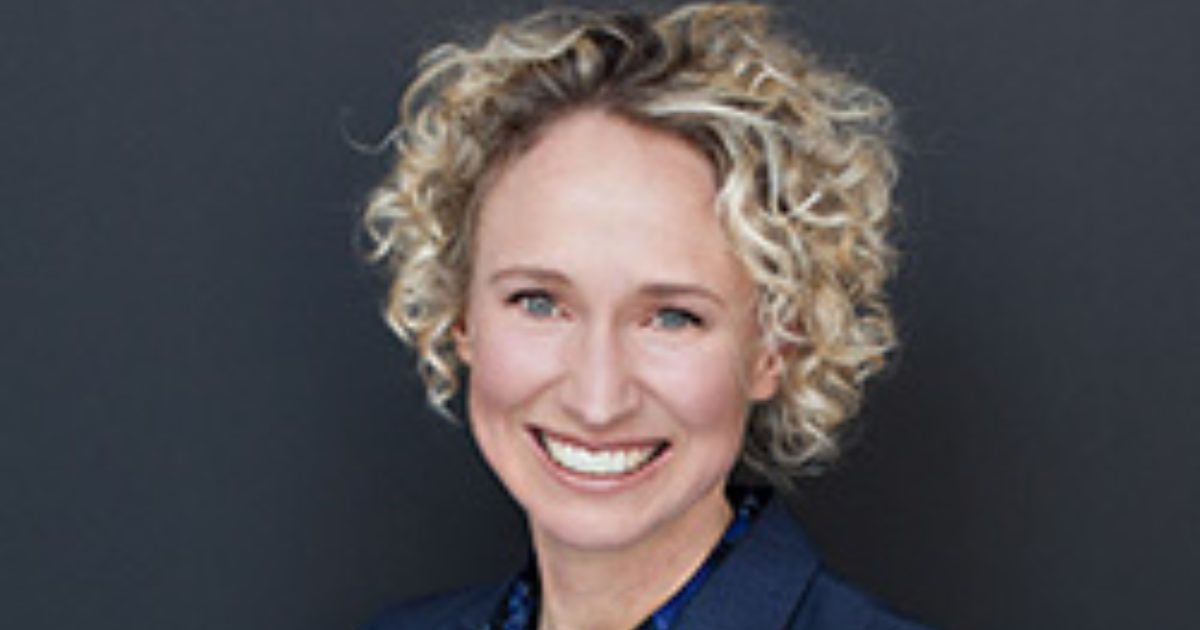
Focus on the Virus and Mental Health
Life can’t get back to normal until there’s a vaccine and the CBC reported a Dalhousie research team is working with Chinese group CanSino Biologics to run the initial Canadian clinical trials of a possible vaccine.
The trials will be run by the Canadian Centre for Vaccinology (CCfV). Scott Halperin, CCfV director, told the CBC the potential vaccine uses another virus that's been modified so it can't cause infection. It impacts one of the COVID-19 antigens known as the "spike protein.”

Halperin said that if participants develop antibodies against the antigen, it’s hoped the vaccine will provide protection against COVID-19.
Appili Therapeutics announced approval of a Phase 2 clinical trial evaluating the drug Favipiravir as a prophylactic against COVID-19 outbreaks.
With drug donated by FUJIFILM Toyama Chemical, researchers will enroll almost 800 subjects, both residents and staff, from 16 long-term care homes in Ontario, the company said in a statement.
The CBC also named Halifax resident Donnie Clarke, 50, as the first Nova Scotian to donate plasma to a national clinical trial involving the QEII Health Sciences Centre. The study seeks to determine if the plasma of those who have recovered from COVID-19 contains antibodies that could be injected into sufferers to boost their ability to fight the disease.
Tranquility Online partnered with Halifax charity, Partners for Care, to offer free services to healthcare workers and half-price discounts to members of the public during the pandemic. Tranquility provides a digital version of cognitive behavioral therapy and aims to make mental healthcare more affordable and accessible.

The platform focuses on treating anxiety. There are plans to provide a depression-centered version this summer, although some of the core treatments overlap, the company said.
Partners For Care raises funds for patients of the QEII Health Sciences Centre. The partnership came after Tranquility closed a $400,000 round of equity funding.
A young psychology startup altered its launch plans to offer assistance with community mental health.
Psychologist Patrick McGrath, professor emeritus at Dalhousie University and a researcher at the IWK Health Centre, is the creator of 90Second Health. The company distributes white-label mental health newsletters, but McGrath pivoted to provide a focus on community health. His COVID-19 Mental Health Letters are a free email series containing advice on how to cope with issues like anxiety and insomnia.
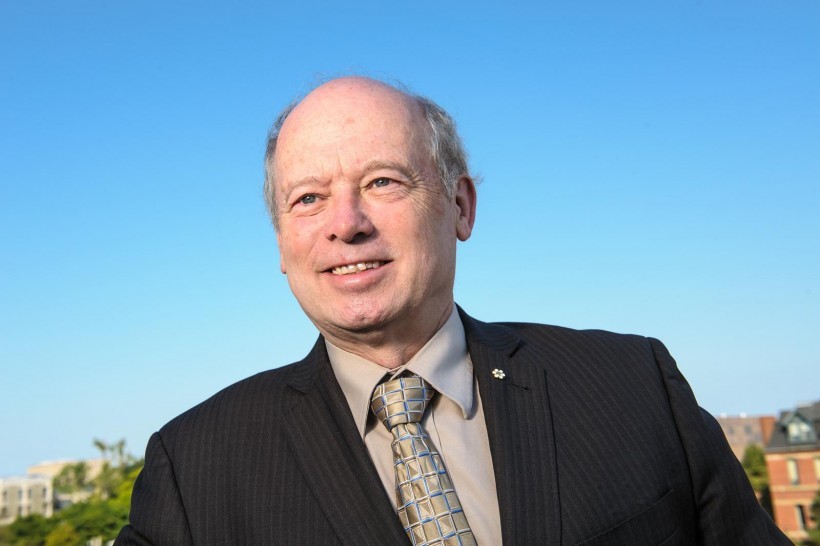
Crisis Boosts Adaptability
Blockchain venture Peer Ledger and international partners have designed a platform to speed the delivery of medical supplies and essential goods during the pandemic.
Peer Ledger and Washington, D.C.-based NGO RESOLVE and Israeli AI venture Truvi are using blockchain and AI to allow essential service workers to source equipment they need.
Peer Ledger’s platform, MIMOSI, was first created to trace gold shipments. The venture wanted to detect conflict metals – those that are mined to fund wars, sometimes with slave labour. The original platform has now been adapted into MIMOSI Connect. It will be free for those who need it until the end of September.
HomeEXCEPT, a seller of remote-monitoring equipment used in senior care, launched a version of its product that can be installed without a technician, meaning elderly people need not be exposed to the virus.
“We made this simple enough that it’s what we would classify as a contactless install,” CEO John Robertson told Entrevestor
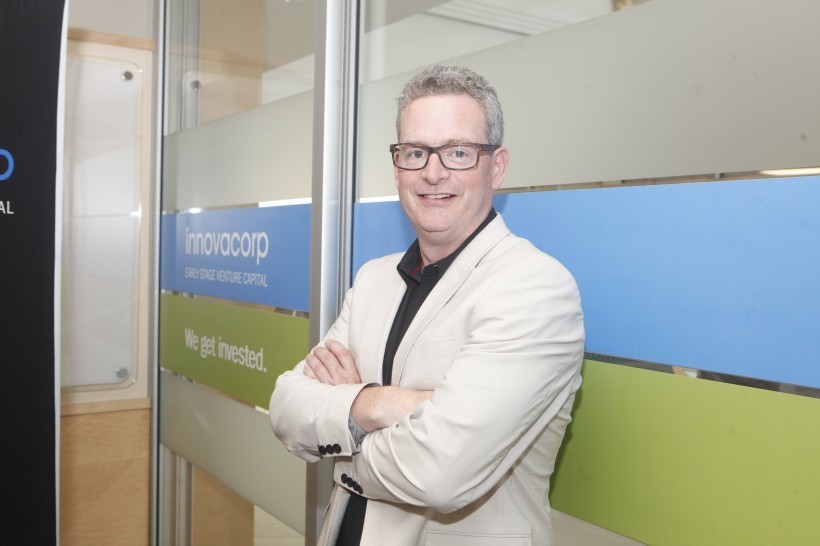
Outcast Foods teamed up with Toronto-based Greenhouse to cut good waste through the creation of new food products. Outcast will turn pulp byproduct from Greenhouse’s juice processing operation into vegetable powders and dried fruit.
Outcast’s clients include farms, food brokers and grocers who turn unwanted produce into natural health products, cosmetics, and pet food.
Outcast Foods CEO Darren Burke said in a statement that the leftover pulp created by juicing usually ends up in landfills and agricultural feed.
Potters and entrepreneurs Peter and Sarah Eastwood launched an online marketplace, novascotiamakersmarket.ca, to allow crafters and makers to create online stores.
“We’ve built an easy-to-access platform with no sign up or monthly fees, and simplified the onboarding process for makers,” Peter Eastwood of Eastwood Pottery and Eastwood Design told Entrevestor.
Companies Find Success
T4G, a venture that helps businesses use their data to boost market share, was purchased for an undisclosed price by Calgary-based national accounting and consulting firm MNP. The lure was T4G’s expertise in data analytics and machine learning.
Though based in Toronto, T4G is an influential regional company, with offices in Halifax and Saint John. MNP said it is keeping most of T4G’s 100 staff and will boost employees in Atlantic Canada.
T4G Co-Founder and President Geoff Flood told Entrevestor the pandemic assisted the deal because a larger firm is better able to deal with economic uncertainty.
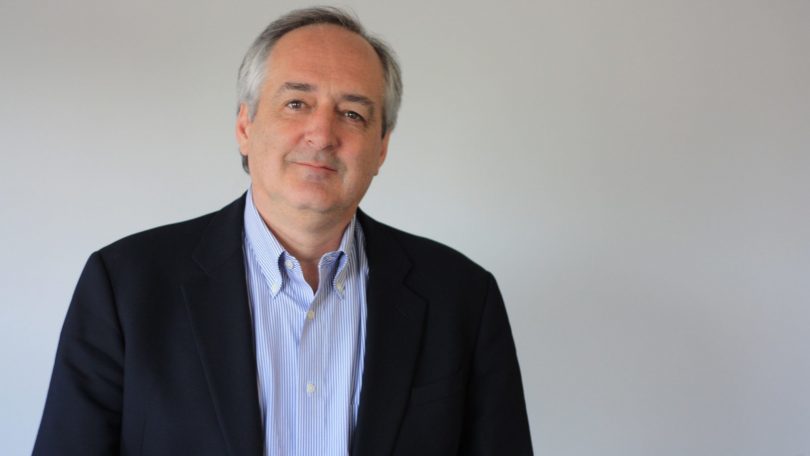
“Atlantic Canada is already recognized across Canada as a technology hub and we believe that our acquisition of the T4G business will help us find more opportunities to work with the rich sources of talent that exist in this field, right across the region,” said Jeremy Cole, MNP’s Executive Vice President for Ontario, Quebec and Atlantic Canada.
Drug discovery company IMV, which is also working on a possible vaccine against COVID-19, closed a $25.1 million private placement of shares and warrants.
The placement was co-led by existing investor Fonds de Solidarité FTQ of Montreal and Toronto’s Lumira Ventures. IMV last raised money in March 2019 when it raised $29.5 million. The company said the new funds allow it to operate well into 2021.
Agtech venture Reazent moved to Nova Scotia under the Startup Visa program and has now made it into the prestigious IndieBio accelerator in Silicon Valley.
Reazent will receive a US$250,000 (C$350,000) equity investment, which will provide development capital for organic fertilizers and pesticides that protect plants against disease and increase plant yield.
The Halifax-based company will hold initial trials at the Verschuren Centre for Sustainability in Energy and the Environment at Cape Breton University.
The company has been sponsored by Innovacorp, the province’s early-stage venture capital agency, in its Startup Visa applications. CEO Sumit Verma is attending the IndieBio program online. He’d like to have a product on the market within 18 months.
Survey Reveals Limited Runway
A new study showed that Atlantic Canadian startup CEOs remain positive, but most respondents have less than nine months of runway.
Runway is the amount of time a venture has until it runs out of money at current spending and revenue levels. The survey, organized by VC-firm Concrete Ventures, revealed 74 percent of pre-revenue startups had less than nine months of runway left. Around 53 percent of early-stage startups and half of established companies also said they would run out of money by January. Concrete Ventures Partner Patrick Hankinson told Entrevestor some fear is setting in.
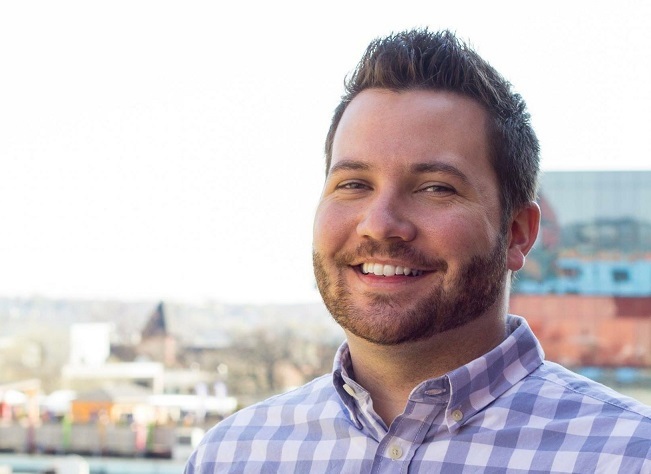
“Respondents are pulling back their marketing/sales spend and struggling to generate top of the funnel leads, which will most likely translate into lower sales,” he said. “Additionally, respondents are taking on more debt and with potentially lower sales, it will be harder to service that debt.”
Carol Moreira is a Principal of Entrevestor, which provides news and data on Atlantic Canadian startups.